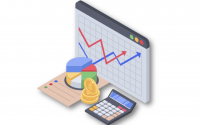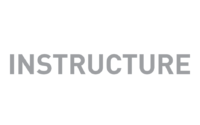
Why and How Secondary Mathematics Teachers Implement Virtual Manipulatives
Although teachers are expected to teach with technology, they often are not prepared or supported to do so (Albion, Tondeur, Forkosh-Baruch, & Peeraer, 2015), a critical issue in mathematics education (Wilson, 2008). The study described in this article investigated why and how secondary mathematics teachers implemented virtual manipulative (VM) tasks during and after participating in […]














